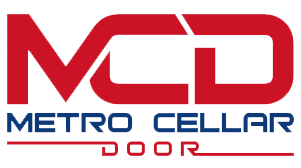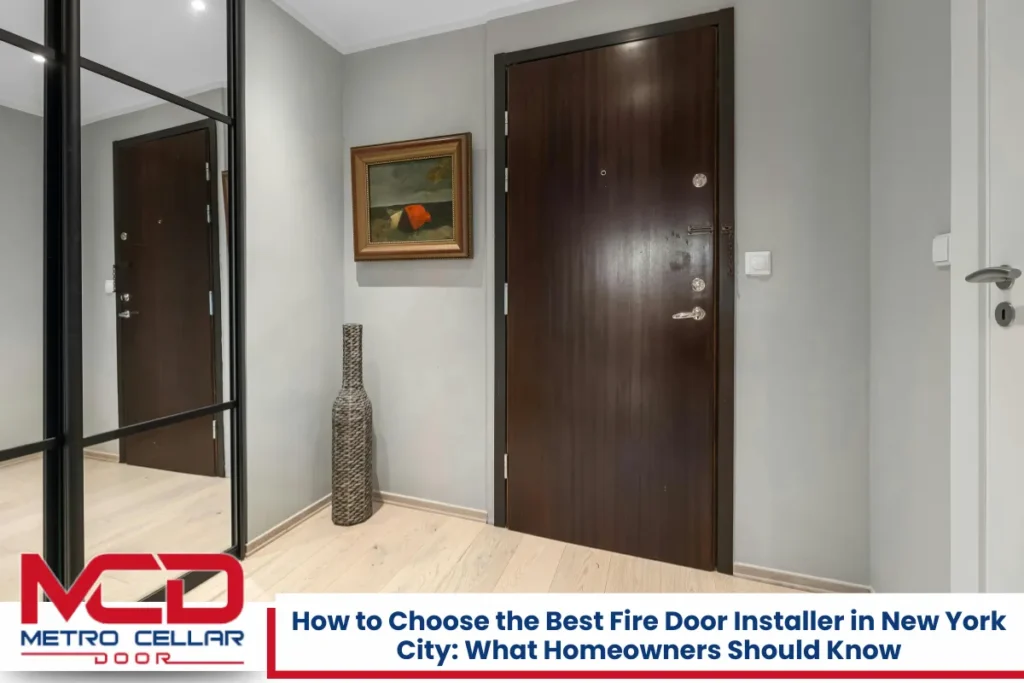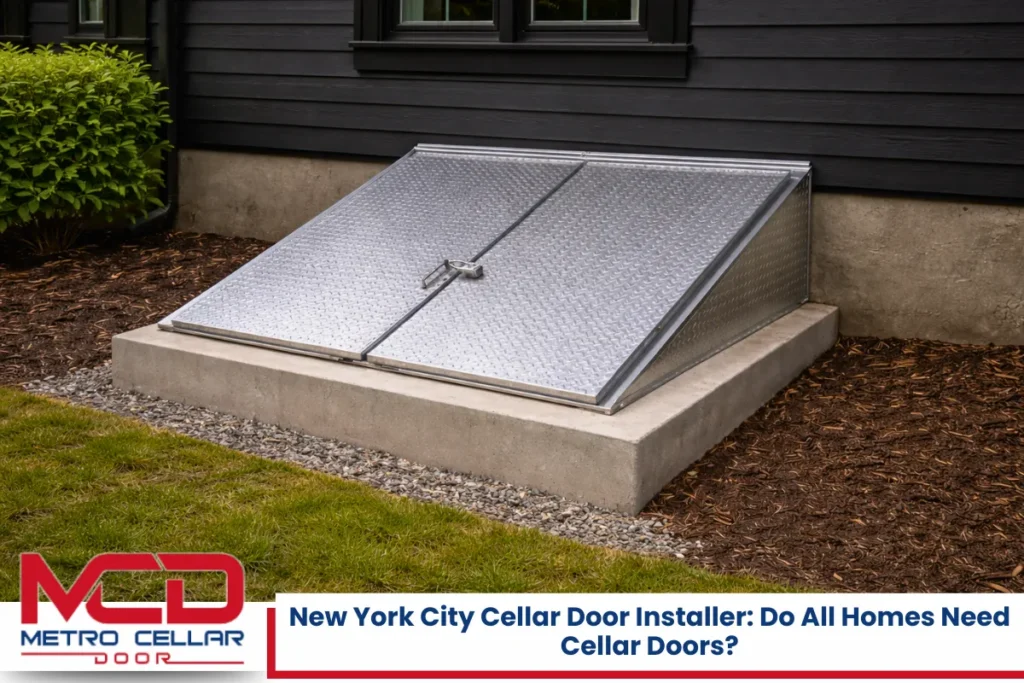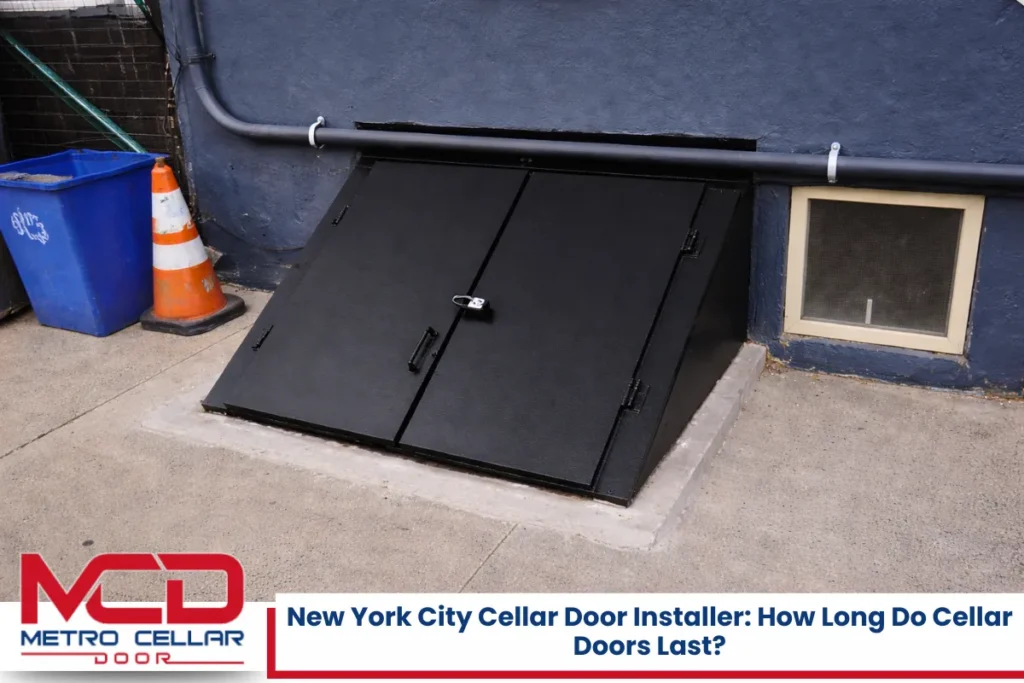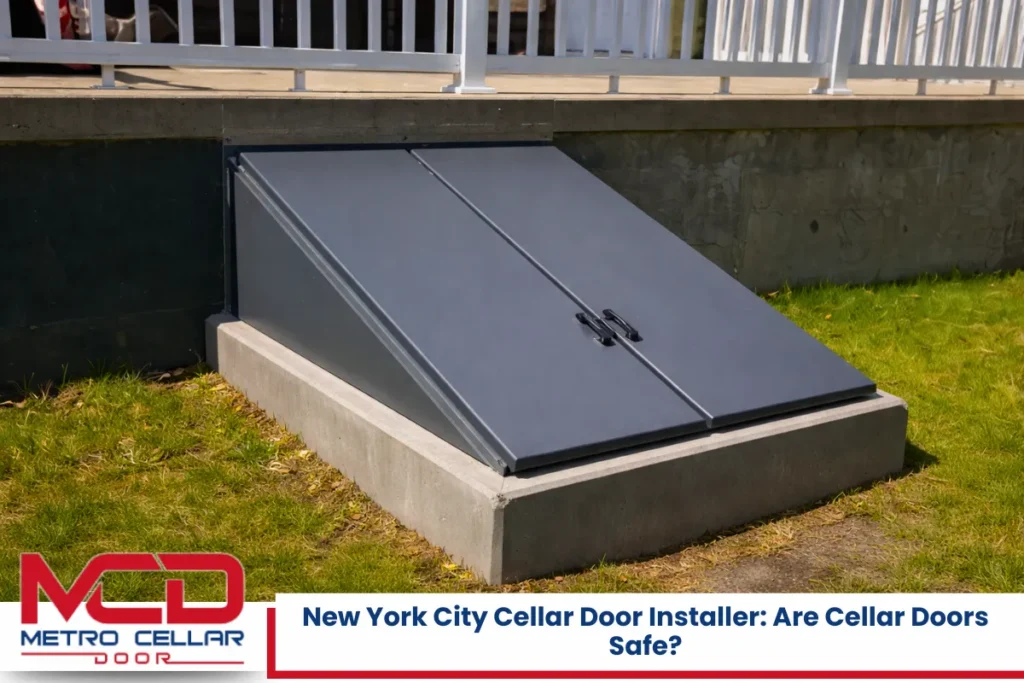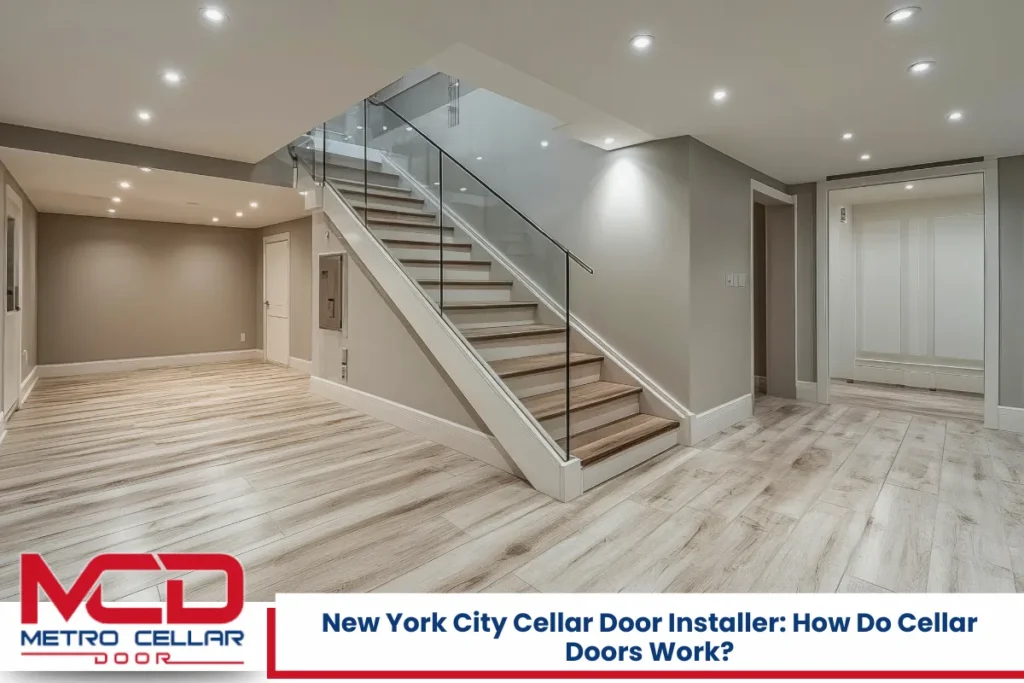Making decisions about home upgrades often involves weighing safety, cost, and long-term benefits. Choosing a professional fire door installer is one of those decisions that directly impacts your home’s fire protection. In New York City, where buildings vary in age, structure, and code requirements, understanding how to select the right expert is more important than ever.
Whether you’re upgrading an older building, renovating a space, or ensuring compliance with city regulations, working with a qualified fire door installer ensures your home meets safety standards, legal codes, and long-term performance expectations. Let’s walk through everything homeowners should know before hiring a fire-rated door expert in NYC.
Why Fire Doors Are Essential in Every NYC Residence
Fire doors are more than just physical barriers; they are designed to contain and slow the spread of fire and smoke, giving people valuable time to escape and minimizing property damage. In a city as densely populated as New York, proper fire separation is a critical component of building safety—especially in residential complexes, brownstones, and multi-family dwellings.
A properly installed fire door is specifically engineered to resist fire for a certain amount of time, commonly 20, 45, 60, or 90 minutes. These time ratings aren’t random—they’re based on strict laboratory tests. They are essential in helping firefighters and emergency responders do their jobs more effectively. Unlike standard doors, fire doors are constructed with special materials, such as steel, fire-rated glass, or wood with fire-resistant cores. They are often equipped with self-closing hardware and smoke seals to provide added protection.
In NYC, fire-rated doors are typically required in hallways, stairwells, apartment entrances, basement entrances, and other high-risk areas. Even if your building is not required by law to have them, installing fire doors is a strong preventative measure that increases safety and may reduce liability in the event of an emergency.
Overview of NYC Fire Door Regulations and Building Codes
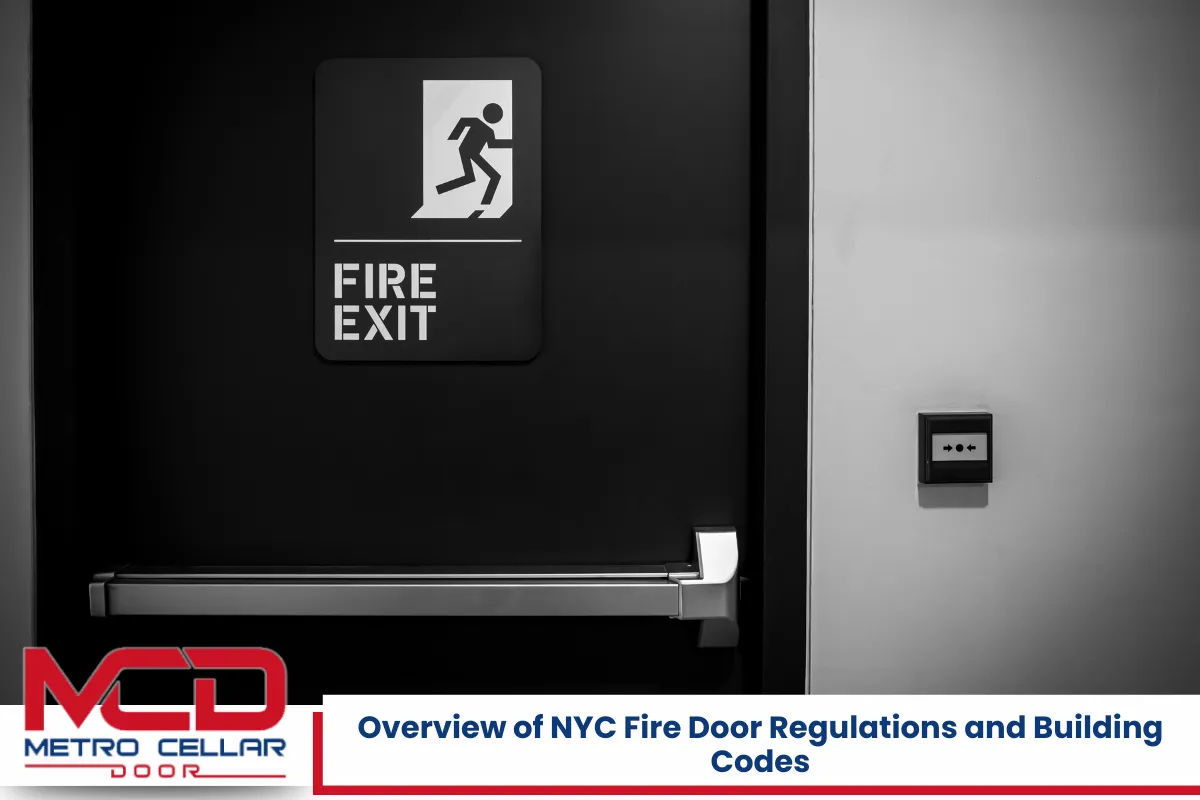
Understanding fire safety rules in New York City can feel like decoding a complex system—but it’s necessary. The city enforces strict standards to ensure that buildings are safe, particularly in terms of fire protection. Homeowners should have a clear understanding of the applicable codes to ensure that any installation is completed legally and properly.
In NYC, the Building Code and Fire Code outline very specific fire door requirements. These include the locations where fire doors must be installed, the minimum fire-resistance ratings required, and the frequency of inspections and maintenance. For example:
- Multi-family buildings must have self-closing fire-rated doors at the entrances of all apartments.
- Stairwell doors must have a higher fire rating, often 90 minutes, and must be self-closing and self-latching.
- Fire-rated doors must meet UL (Underwriters Laboratories) or Warnock Hersey certification standards.
In addition to these, the FDNY (Fire Department of New York) enforces its own guidelines, often through scheduled inspections, and has the authority to issue violations or mandates for repairs. All fire-rated doors must also be properly labeled and maintained to preserve their rating. Additionally, any replacements or installations must comply with local codes. Choosing a qualified installer is essential for ensuring these rules are followed correctly.
What Defines a Reliable Fire Door Installer in NYC
The right fire door installer doesn’t just hang a door—they follow precise methods that align with city codes, product specifications, and long-term performance goals. A professional must have a strong understanding of how each component of a fire door works together, including the door leaf, frame, hardware, sealing systems, and labeling.
A reliable installer will:
- Understand Local Building Code Requirements: NYC has unique and detailed rules, and only those familiar with local standards can install doors legally and safely.
- Be Trained in Fire-Rated Door Systems: Not all doors are installed the same way. Fire doors require specific techniques to maintain their rating.
- Work with Certified Products: A professional knows how to select and verify doors that meet testing and labeling standards.
- Provide Accurate Assessments: Before installation, they should evaluate your current structure, openings, and needs—not just offer a one-size-fits-all solution.
- Document the Installation: This includes recording the fire rating, hardware, and inspection tags—especially important during building inspections or real estate transactions.
This isn’t a DIY job. Fire door installation is a specialized skill that demands more than general construction knowledge. You should always hire someone with a proven track record and a deep understanding of NYC’s regulatory landscape.
Fire Door Types and Materials Commonly Installed in New York City
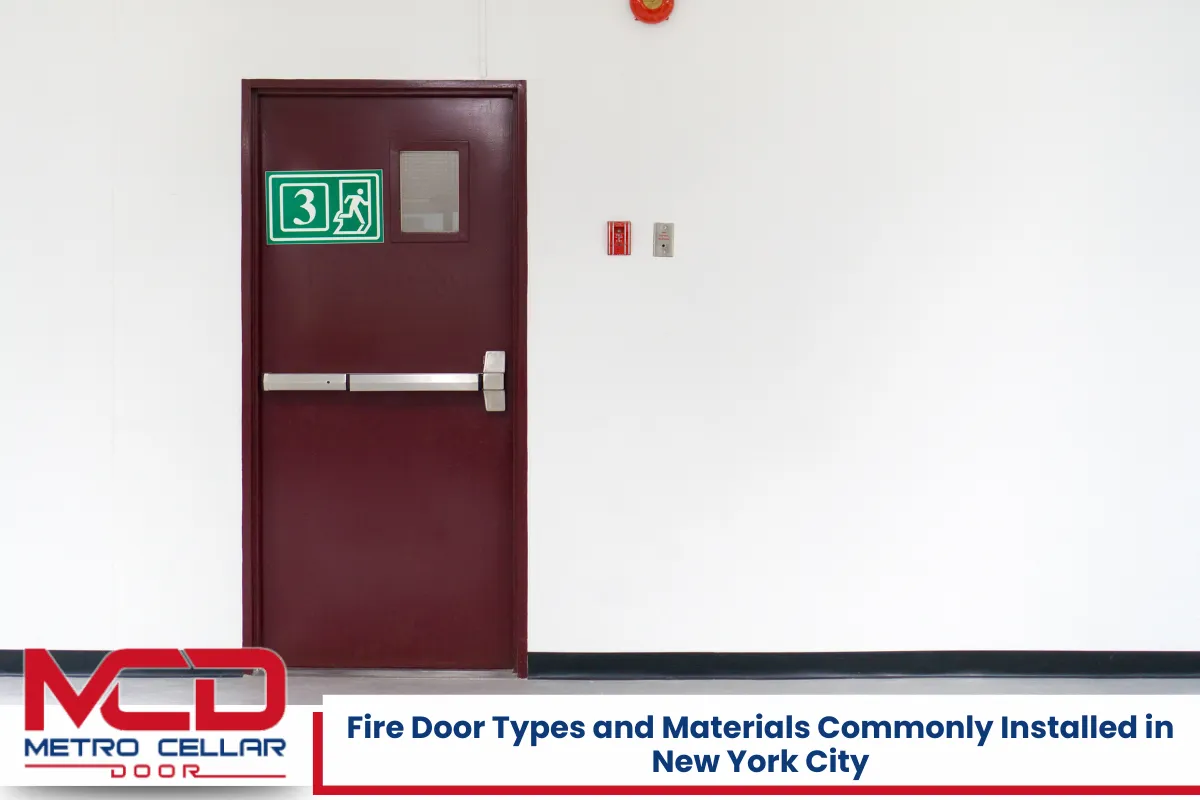
Fire doors are available in various materials, sizes, and ratings, and the right choice depends on the building type, the location of installation, and the required fire resistance. In NYC, the selection also depends on space constraints, exposure to elements, and security needs.
Most Common Fire Door Materials:
- Steel Doors: These are the most common for commercial buildings and basement access points. They’re durable, long-lasting, and resistant to warping and damage.
- Wood Composite Fire Doors: Made with a fire-resistant core, they’re ideal for apartment entries and interior use. These doors offer both performance and visual appeal.
- Glass Fire Doors: Not as common in residences, but sometimes used in upscale renovations or shared entryways. The glass must be fire-rated and tested to resist both heat and smoke.
- Bilco-style Cellar Doors: Popular in older NYC buildings, these are specialized doors that lead to basements or cellars. Fire-rated options are available for added protection.
Each door comes with a fire-resistance rating that signifies how long it can withstand fire—20, 45, 60, or 90 minutes. These ratings must match the intended use. For instance, stairwells typically require a 90-minute rating, while interior hallway doors may only require a 45-minute rating.
Understanding the Installation Process for Fire Doors
A fire door installation involves more than just placing a door into an opening. The process includes preparation, compliance checks, and quality control. Here’s how a well-executed fire door installation generally goes in New York City:
- Site Assessment: The installer visits your property to examine door frames, wall ratings, door swing direction, and egress routes.
- Product Selection: Based on the building’s needs and code requirements, the right fire-rated door and hardware are selected. In many NYC homes, custom sizing may be required.
- Preparation: The old door (if present) is removed, and the opening is cleaned, adjusted, or rebuilt as needed. Frames may also be replaced or reinforced.
- Installation: The new fire-rated door is installed with code-compliant hinges, latches, closers, and smoke seals. All components must be UL-rated to maintain the door’s fire rating.
- Testing and Final Checks: The door is tested to ensure it closes and latches automatically. Labels are checked, and documentation is prepared for inspections or future maintenance.
This process ensures the fire door functions exactly as intended. Cutting corners during installation may void the fire rating and result in fines being imposed.
Mistakes to Avoid When Hiring a Fire Door Installer
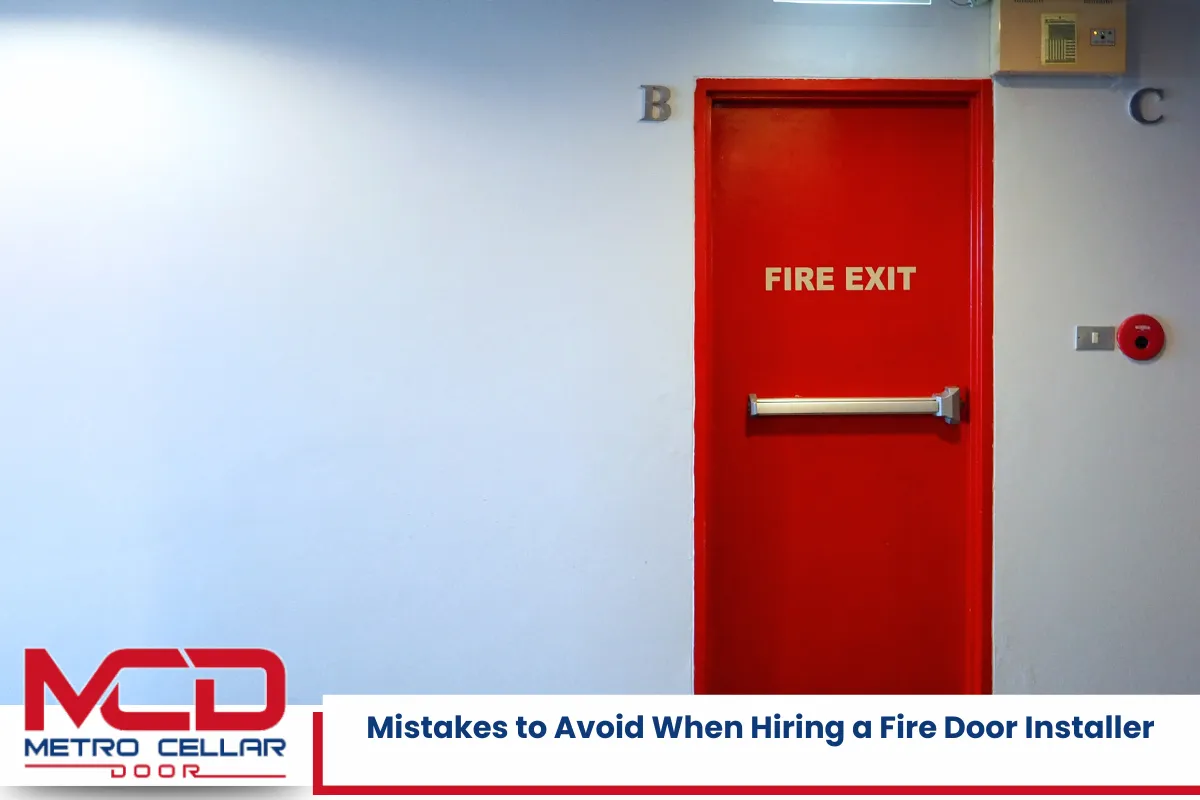
Hiring the wrong person for fire door installation can lead to non-compliance, fines, and even increased danger during a fire. Avoid these common mistakes:
- Choosing an Unlicensed Contractor: In NYC, licensing matters. Unlicensed work may not meet city standards and can be subject to legal challenges.
- Not Checking for Certification: Ensure that both the installer and the product meet the fire safety certification requirements.
- Focusing Only on Price: Lower prices often mean subpar materials, rushed installations, or corner-cutting.
- Skipping the Paperwork: Always get written estimates, work descriptions, and warranty terms. This protects you in case of disputes or inspection issues.
- Ignoring Product Labels: A fire door must be labeled with its rating and manufacturer details. If there’s no label, it’s not compliant.
Careful vetting will save you time, money, and potential legal problems down the road.
Licensing and Certifications: How to Confirm Installer Credentials in NYC
Before hiring a fire door installer in New York City, verify their credentials through official channels. Don’t rely solely on word-of-mouth or online ads.
Start with the NYC Department of Buildings (DOB). Their website allows you to search for licensed contractors by name or business. A valid license ensures that the contractor has met the city’s professional and safety standards.
Next, verify that the installer is compatible with fire-rated products that have been tested by Underwriters Laboratories (UL) or Warnock Hersey. All fire-rated doors must display labels that prove their compliance with national fire standards.
Also, verify that they have:
- Active liability insurance
- Workers’ compensation coverage
- Proof of bonding (if working on large-scale or commercial buildings)
These certifications show that the installer is not only qualified but also prepared for professional accountability.
Fire Door Installation Costs in New York City
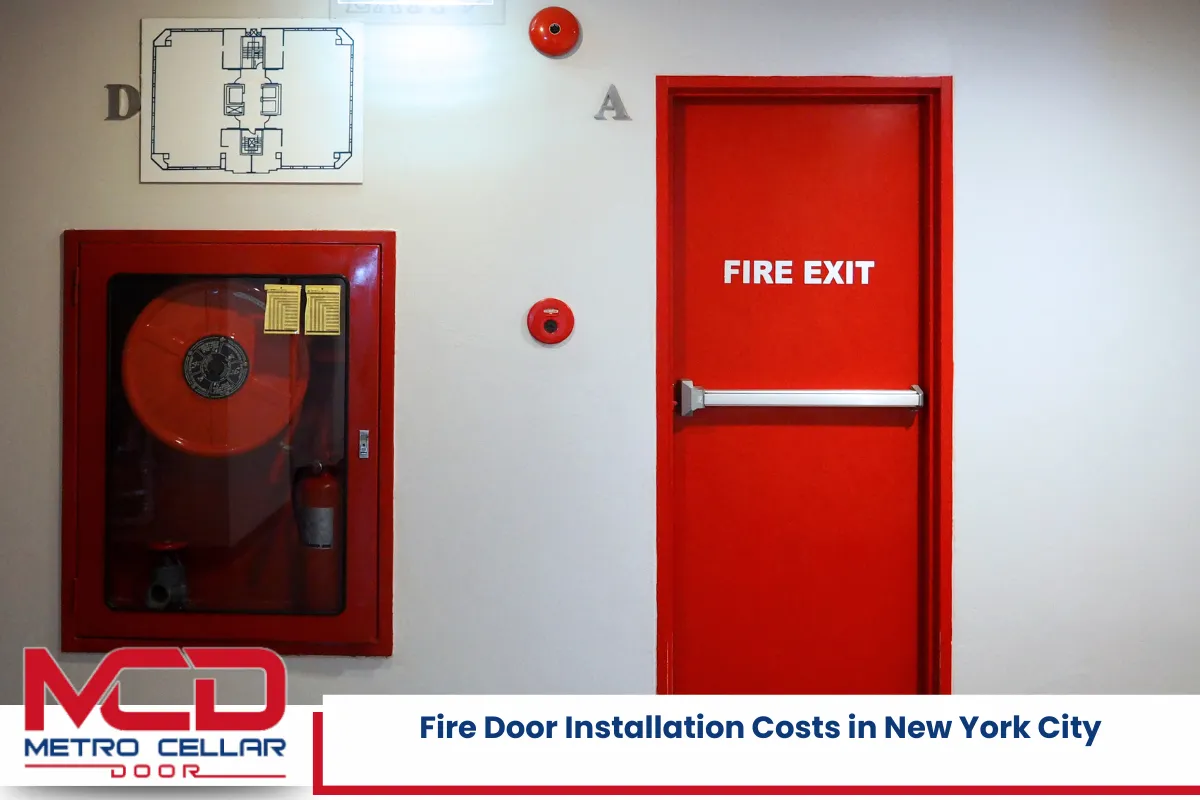
Fire door installation in NYC is influenced by several factors, including the door’s rating, material, size, hardware needs, and any required structural modifications.
Estimated Pricing Breakdown:
- Basic 20-minute wood fire door: $500 – $750
- Steel 60-minute rated door: $800 – $1,200
- Custom Bilco-style cellar door: $1,200 – $2,000 or more
Prices can increase if:
- Doorways need to be enlarged or framed
- Custom finishes or specialty locks are requested
- Expedited installation is needed for inspections or violations
Always request an on-site estimate to get a clearer picture. Beware of vague quotes over the phone without a walkthrough.
Where Homeowners Can Find Qualified Fire Door Installers in NYC
To locate a reliable fire door installer, homeowners should consult:
- The NYC DOB license database
- Local contractor directories
- Community boards and forums focused on home improvement
- Fire safety product manufacturers with installer recommendations
Check credentials, reviews, and work history. Don’t rush—this is a critical investment in your home’s safety.
Closing Thoughts on Choosing the Right Installer
Choosing the right fire door installer in New York City isn’t just about ticking boxes—it’s about protecting your home and loved ones. The right expert understands the details of fire safety, complies with city regulations, and delivers professional, lasting work.
With the right information, homeowners can avoid mistakes and make informed choices that add value and peace of mind. Take the time to research, ask questions, and verify credentials. A properly installed fire door is one of the most effective passive safety tools you can invest in.
NYC Fire Door Installer – Metro Cellar Door Bilco Pro
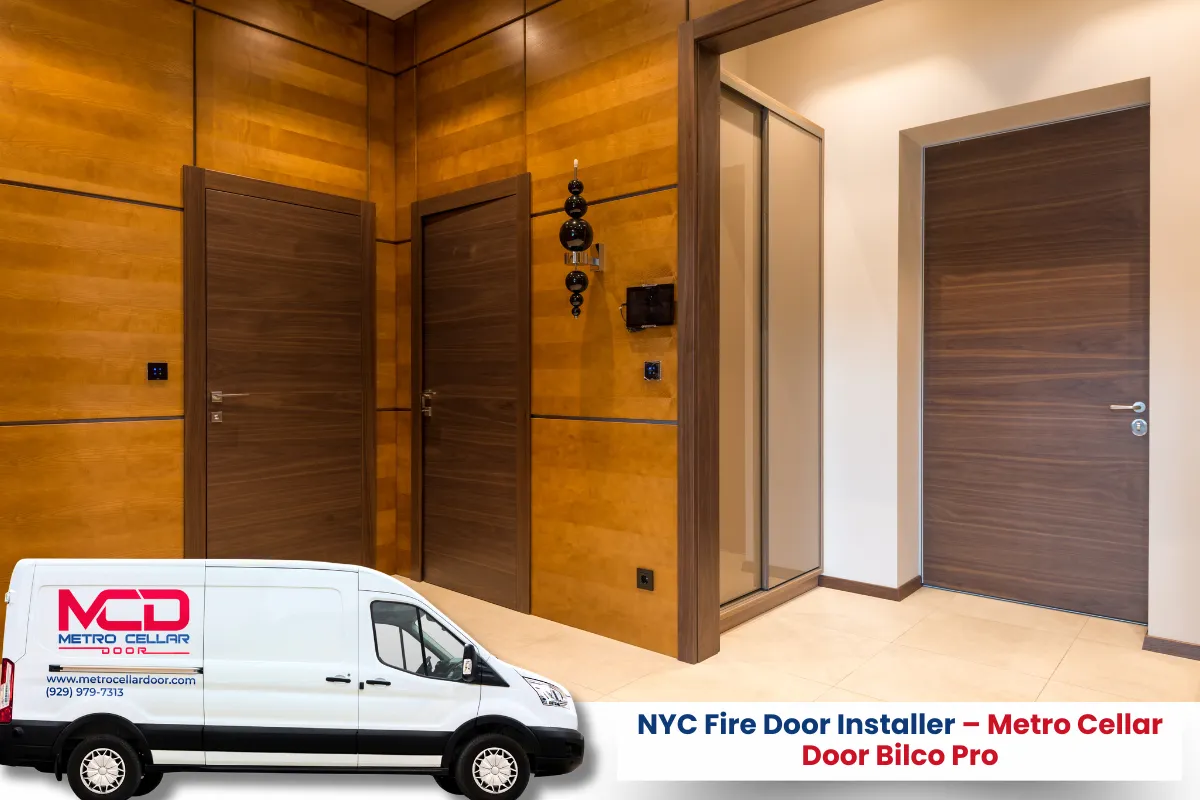
Looking for a trusted fire door installer in New York City? Metro Cellar Door Bilco Pro delivers reliable fire-rated door installation for both residential and commercial properties. We make sure every door we install meets NYC safety codes and is built to last. Whether it’s for apartment entries, basement access points, or sidewalk cellar doors, we offer solid workmanship and solutions tailored to your building’s needs.
Our services cover all five boroughs—Queens, Brooklyn, Manhattan, Staten Island, and The Bronx—as well as Long Island, Westchester, and Northern New Jersey. We specialize in Bilco cellar doors, custom fire-rated doors, and complete door installations for residential and commercial properties. Call us today at (929) 979-7313 to get a free estimate!
Frequently Asked Questions About Fire Door Installation in NYC
1. What is the purpose of a fire-rated door, and how is it different from a regular door?
A fire-rated door is specifically designed to slow the spread of fire and smoke in the event of an emergency. Unlike regular doors, which are primarily designed for privacy or security, fire-rated doors must undergo rigorous testing for fire resistance. These doors are constructed from materials such as solid-core wood, metal, or fire-resistant glass and feature self-closing hinges, smoke seals, and certified hardware.
The main difference lies in the time rating. A fire door will have a label showing how long it can withstand fire—commonly 20, 45, 60, or 90 minutes. These ratings are tested and certified by nationally recognized laboratories, such as Underwriters Laboratories (UL). In contrast, a typical door might burn through in just a few minutes.
Fire-rated doors are required in specific locations under the NYC Building Code, especially in stairwells, apartment entrances, and between garages and living spaces. Their job is to protect lives and buy time during emergencies.
2. Are fire doors legally required in New York City homes and apartments?
Yes, fire-rated doors are required by law in many residential buildings across New York City. The New York City Building Code and Fire Code both mandate the use of fire-rated doors in certain areas to protect occupants and help contain the spread of fire. For example, all apartment entrances in multifamily buildings must have self-closing, fire-rated doors with a minimum fire-resistance rating of at least 1 hour (60 minutes), depending on the building’s occupancy and layout.
Fire doors are also required in stairwells, corridors, boiler rooms, and other areas where fire separation is needed. These codes are enforced by the Department of Buildings (DOB) and the FDNY, and violations can lead to costly fines or building violations if not addressed.
Even in smaller buildings or private homes, using a fire-rated door for garage entryways or basement access is a smart way to enhance safety. Always check with a certified installer to ensure full compliance.
3. How do I know if my fire door is compliant with NYC regulations?
To confirm if your fire door complies with NYC regulations, start by checking for a certified fire-rating label. This label should be clearly visible, usually on the hinge side or top edge of the door, and display the rating (20, 45, 60, or 90 minutes) along with the manufacturer’s name and the certification body, such as UL or Warnock Hersey.
Next, make sure the door is self-closing and self-latching. This means when you release it, it should automatically swing shut and latch without any help. Fire doors must also be free from holes or damage. They should not have any unauthorized modifications, like unapproved locks or cutouts.
Finally, verify that all hardware, such as hinges, latches, and closers, is also fire-rated. Even if the door itself is rated, using the wrong hardware can make it noncompliant. A licensed NYC fire door installer can inspect your door and make necessary adjustments or upgrades to ensure full code compliance.
4. Can I install a fire-rated door myself, or do I need a licensed installer in NYC?
While it’s possible to purchase a fire-rated door yourself, installation should be done by a licensed professional, especially in New York City. Fire doors have specific installation requirements that must meet both local codes and manufacturer guidelines. If installed incorrectly—even slightly—the door may lose its fire rating entirely, leaving your home vulnerable and potentially out of compliance with NYC regulations.
A licensed fire door installer understands the correct way to mount the frame, align the door, attach self-closing hardware, and seal gaps to ensure the door performs as intended in the event of a fire. NYC also requires documentation and labeling for code inspections, which a professional can provide.
DIY installations often overlook critical details, such as using non-rated hardware or failing to verify clearances, which can result in the voiding of fire-resistance certification. For safety, legality, and peace of mind, it’s best to trust this job to someone trained and certified in fire-rated door installations.
5. How often do fire doors in NYC need to be inspected or maintained?
In New York City, fire doors in residential and commercial buildings must be inspected at least once per year, as outlined by the FDNY and local fire safety codes. This is especially important for buildings that fall under the Multiple Dwelling Law or are classified as Class B or R-2 occupancies (like apartment buildings and co-ops).
During these inspections, property managers or building owners must verify that all fire doors:
- Close and latch properly
- Have visible, legible fire-rating labels
- Are free from damage, warping, or obstructions
- Include certified, working hardware (like closers and latches)
Any door that fails these criteria must be repaired or replaced immediately to remain compliant. Tenants and homeowners should also regularly check that doors are self-closing and haven’t been propped open or tampered with.
For long-term performance and safety, hiring a qualified technician to perform routine inspections is highly recommended—and often required by law in multi-unit buildings.
Read more: Top 5 Factors That Affect Fire Door Installation Costs in New York City
